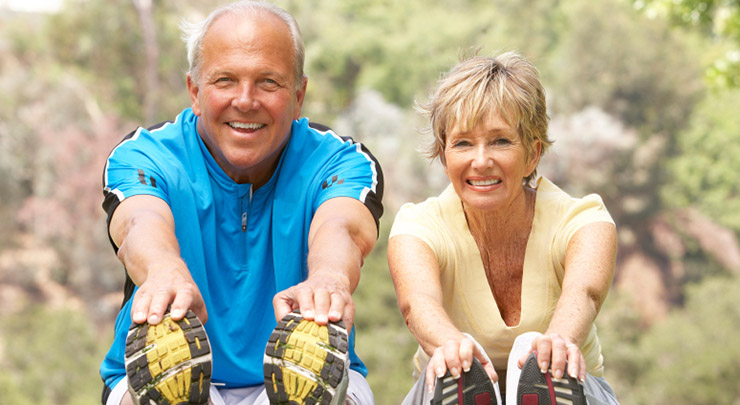Preventing bone density loss

The health of our bones is often something we take for granted until our quality of life is compromised. Osteoporosis, a very common condition of bone density loss often exhibits none or very subtle symptoms. In fact, a person may not know that they have osteoporosis until their bones become so brittle that a strain or bump causes a fracture which would not have occurred in someone with healthy bone density.
The lesser known symptoms of bone density loss include receding gums, decreased grip strength, weak and brittle finger nails, cramps, muscle aches and bone pain, height loss and low overall fitness. Whilst these symptoms are not very pleasant and could severely impact one’s quality of life, the good news is that there are ways to prevent bone density loss and even reverse it.
People tend to think of their bone health as being static, whereas in actuality our bone health is in a constant state of flux. It’s very important to note that whilst the elderly and post menopausal women are at greater risk of bone density loss, I have seen both early bone density loss (osteopenia) and more advanced bone density loss (osteoporosis) affect both men and women of all ages.
As a physiotherapist I recommend the following simple strategies to prevent bone density loss;
1. Eat a balanced diet rich in calcium and Vitamin D. You’ll find calcium in foods like milk, cheese, yoghurt, dark leafy greens and almonds. You will find Vitamin D in mushrooms, salmon, fortified cereals and dairy products, eggs and mushrooms.
2. Exercise regularly focusing on weight bearing exercises like walking, running and tennis, strength training and balance training. Numerous studies have shown that strength training can not only prevent bone density loss but may also help grow new bone.
3. Focus on the back and the hips when weight training as these are the areas more frequently affected by bone density loss and most at risk from bone density related fractures.
4. Modify lifestyle factors – avoid smoking and if you drink alcohol, do so in moderation.
5. Partner with a physiotherapist who can tailor an effective program to build your bone density and keep your bones healthy for life.
Later in life, regular screening and assessment for bone density loss is recommended and certainly if you are a post-menopausal woman or feel you are exhibiting any of the symptoms of bone density loss you should talk to your GP, physiotherapist or other healthcare professionals about your bone health.
A physiotherapist can provide you with a range of exercises and strategies to prevent and reverse bone density loss. If you have already suffered a fractured bone, a physiotherapist can also give you specialised advice on pain relief and mobility.
What kinds of things do you to to keep your bones healthy?









 Proudly Australian owned and operated
Proudly Australian owned and operated